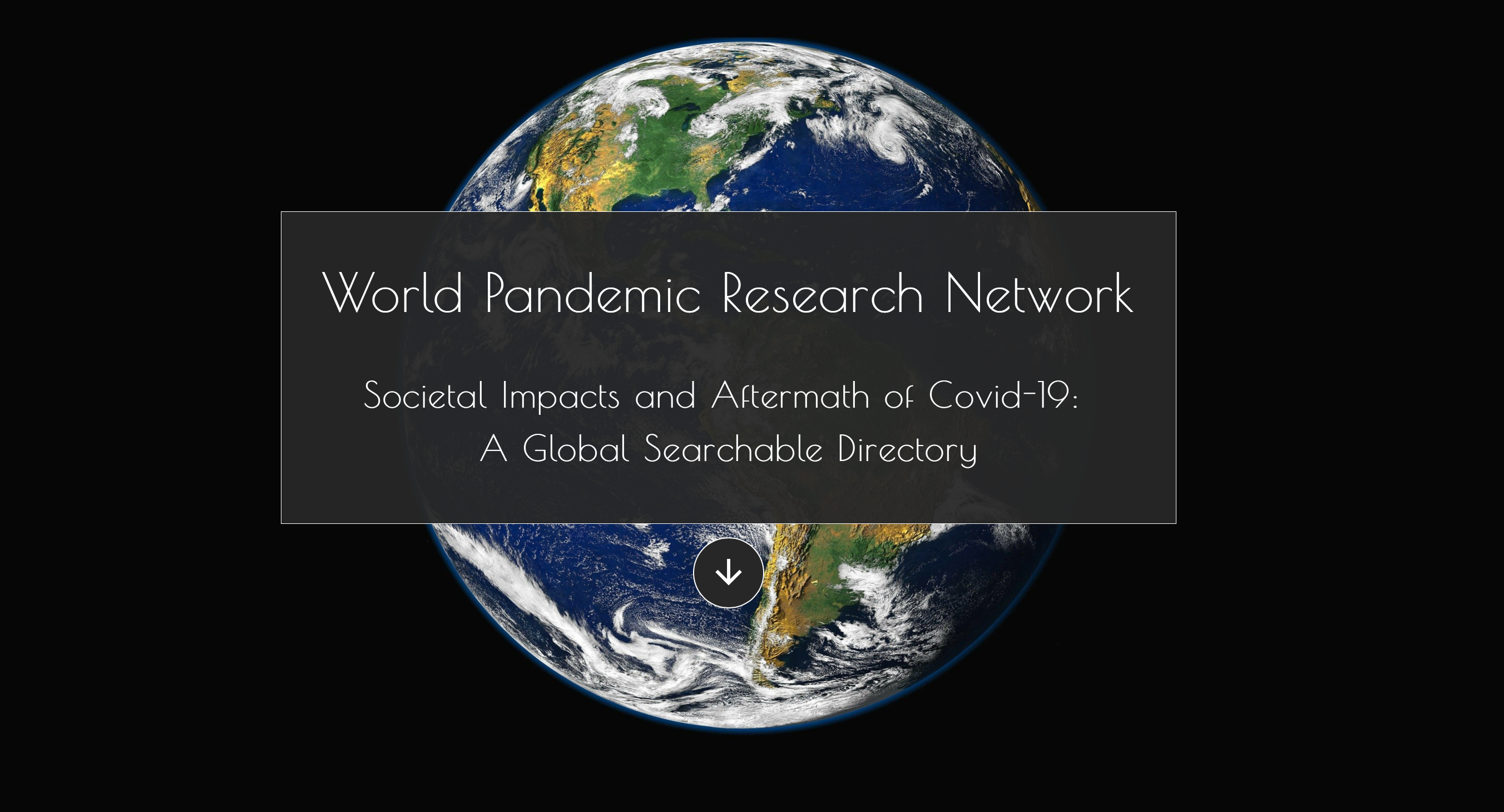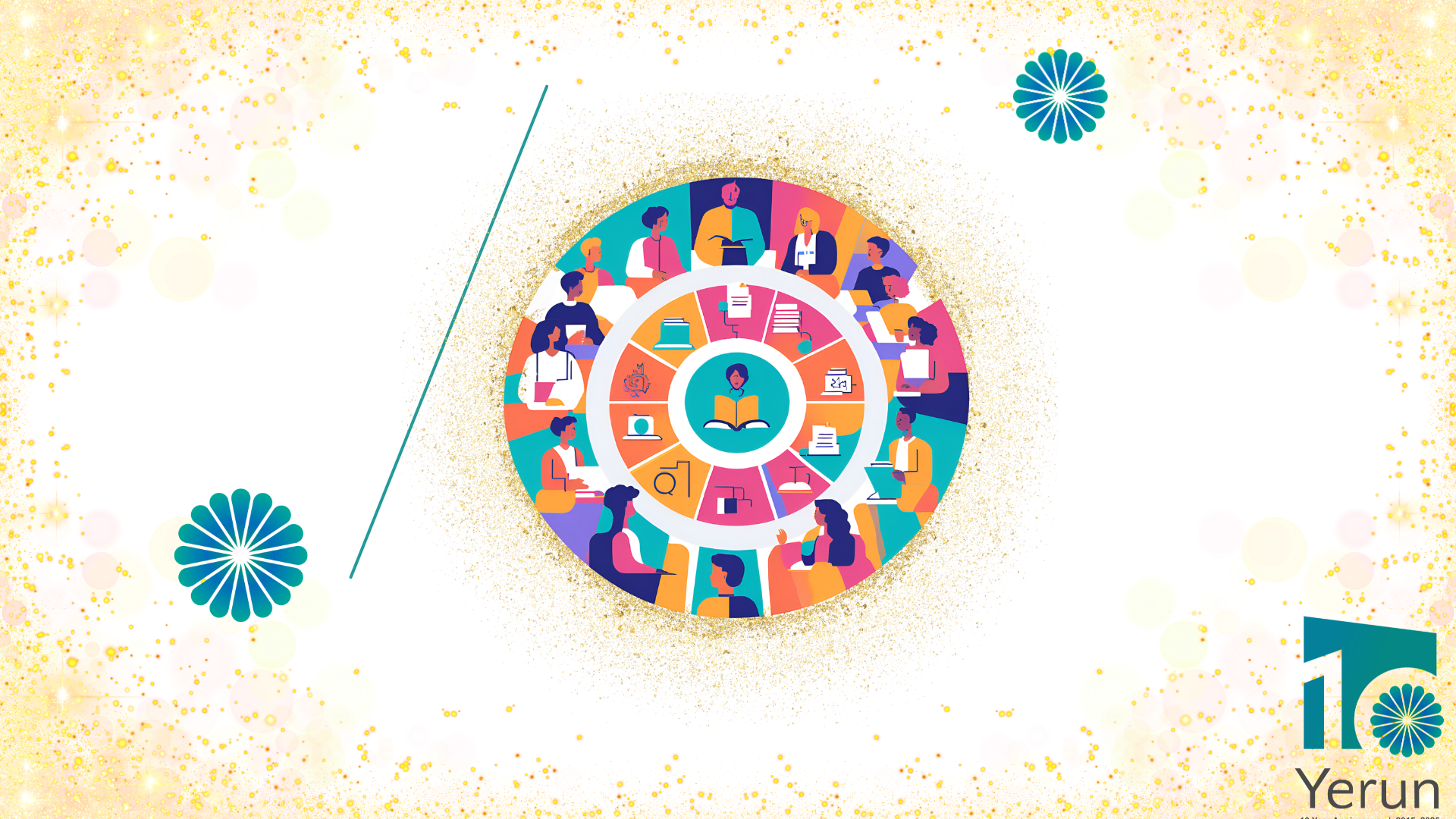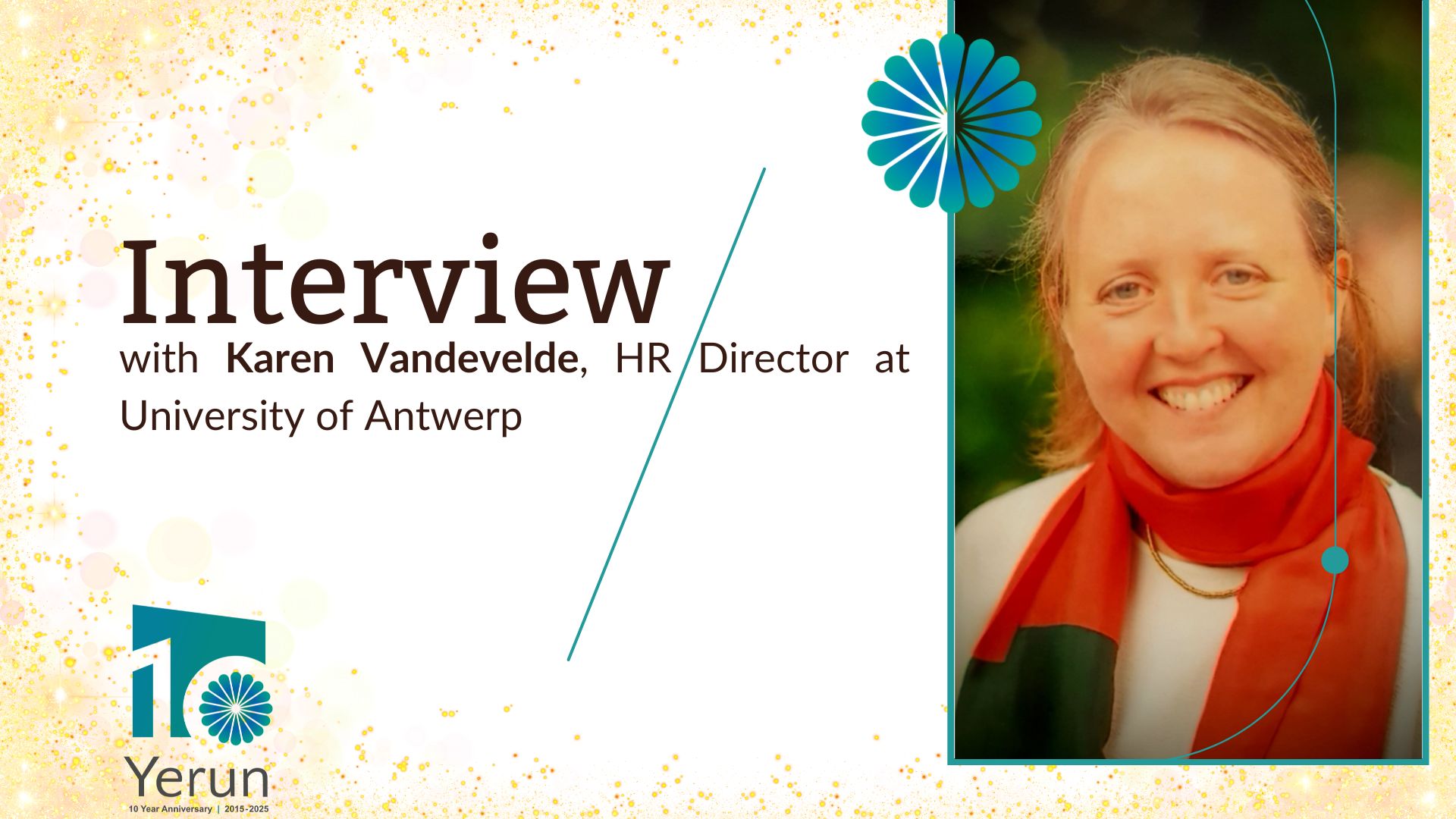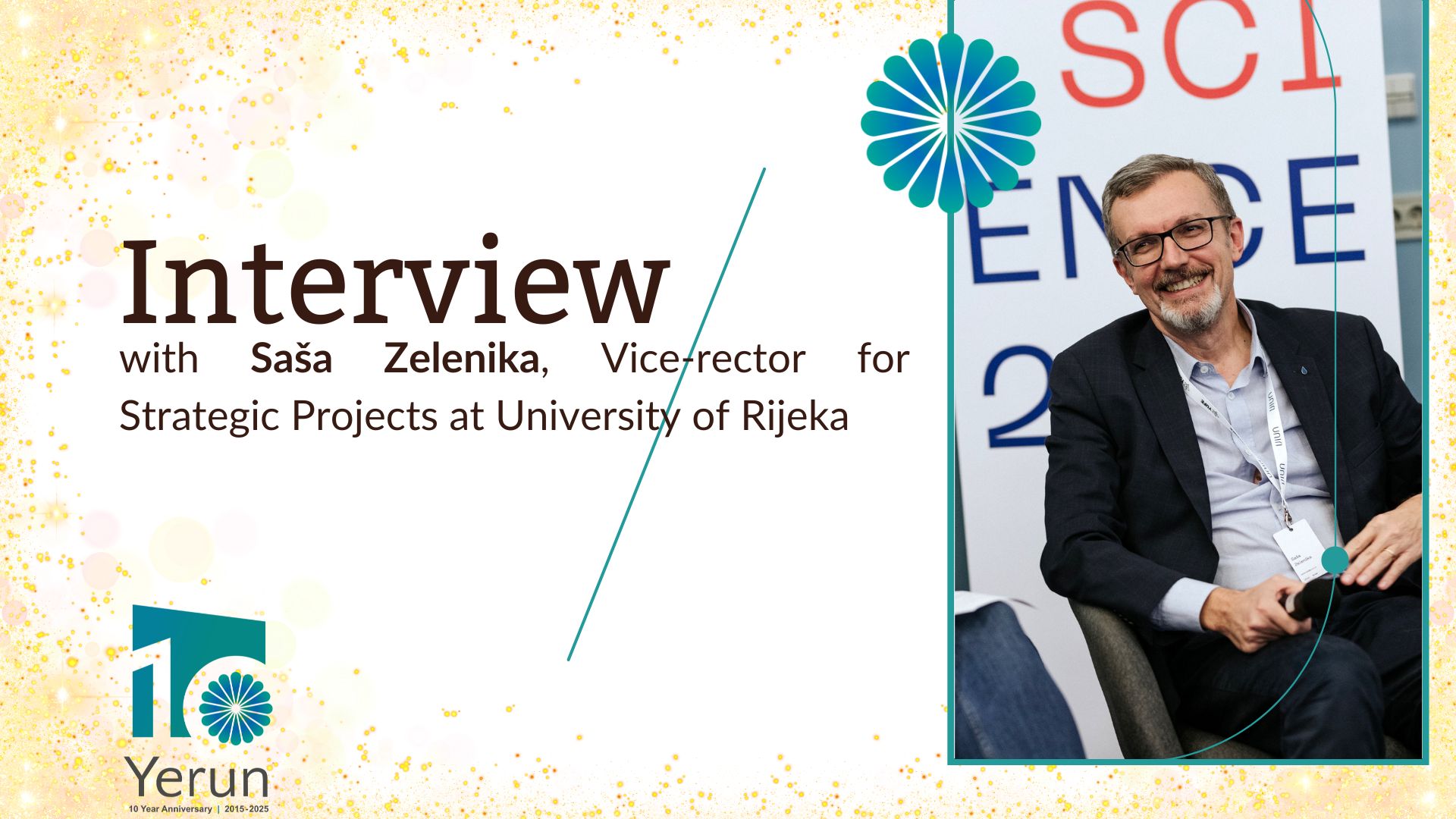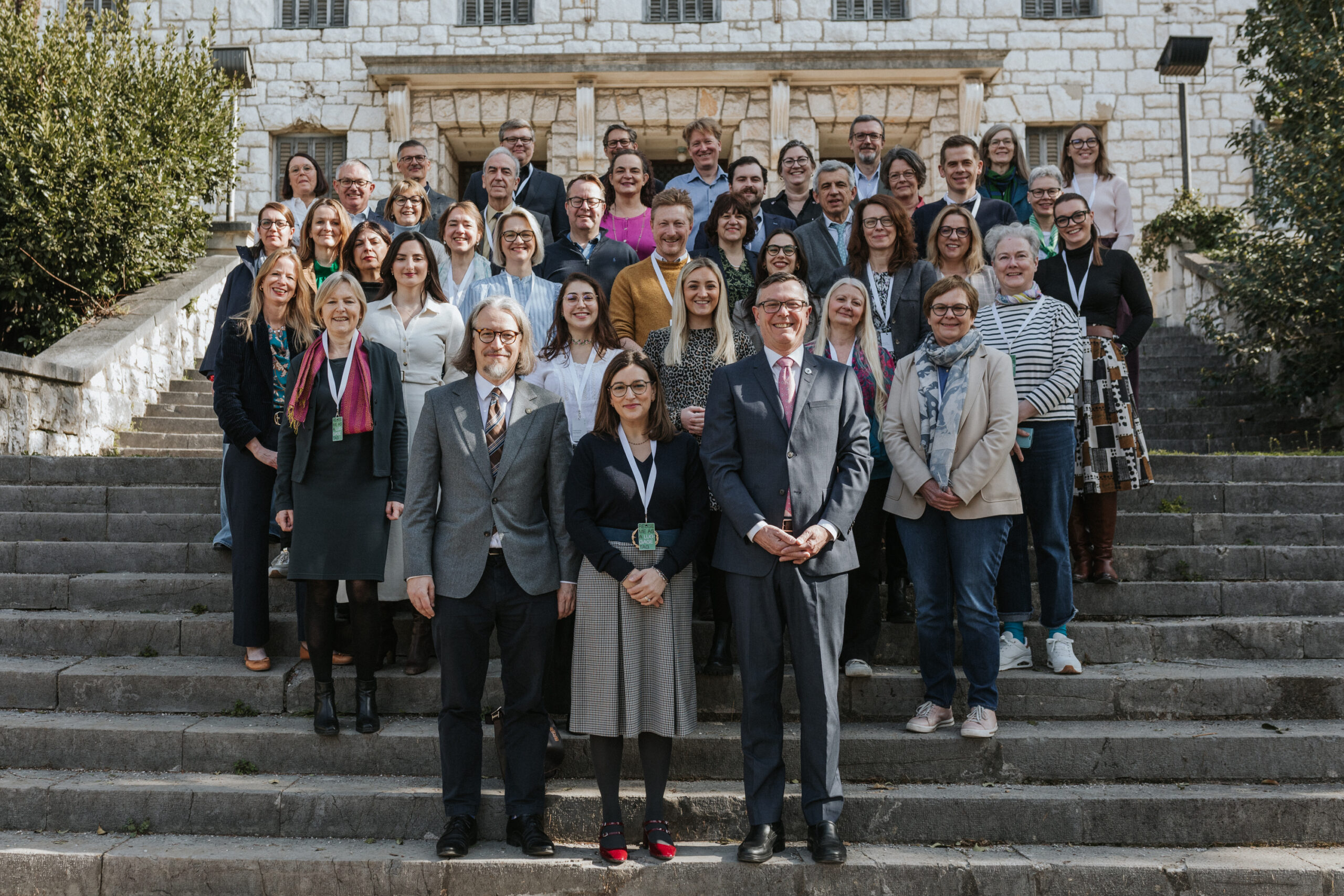The pandemic will have massive societal and human consequences. All around the world, researchers set up projects to make sense of what happens and to generate knowledge to better cope with the impending challenges. These projects involve several fields of knowledge, including the social sciences and the humanities. There is a pressing need to get a global view of who does what and how, to facilitate sharing, collaboration, capitalization, transfer, and to limit errors, redundancies.
As a response, the World Pandemic Research Network (WPRN) has just been launched with the support of several international scientific networks (including Netias and UBIAS), scientific societies and institutions worldwide. The platform offers a searchable global directory of research projects, surveys and initiatives about the societal and human impacts of the Covid-19 pandemic.
Registered projects get a time-stamped WPRN-ID number and a WPRN webpage which presents their project. It enables other researchers and stakeholders to get in touch and to follow and cite project updates or pre-publications. The directory of projects is searchable by area, discipline, type of project and content. WPRN also disseminates links to calls for research and/or for collaboration, questionnaires, conference/webinar announcements and more generally all publications and resources that are of use for research on Covid-19 societal and human impact. WPRN provides links to these resources.
Registration is free. Each contributor remains completely independent for action and publication. WPRN is a non-profit academic resource, GDPR compliant and will not publish, give or sell e-mail addresses to third parties.
Researchers can play an influential role in the shaping of this global common for the social sciences and the humanities:
1) by becoming a WPRN referent for the disciplines, themes and type of projects you would choose (see form). The role of a referent is to screen projects (weed out irrelevant projects and flag those which you consider most interesting and innovative). A light and user-friendly automated procedure has been developed to help referents perform this task easily.
2) by proposing five to ten names of senior scholars who could become WPRN referents and whom we could contact in your name.
3) by circulating widely the information about WPRN in your community (members of your scientific advisory board, current and past fellows, partnering scientific and academic institutions).
Cover picture: http://www.wprn.org/

